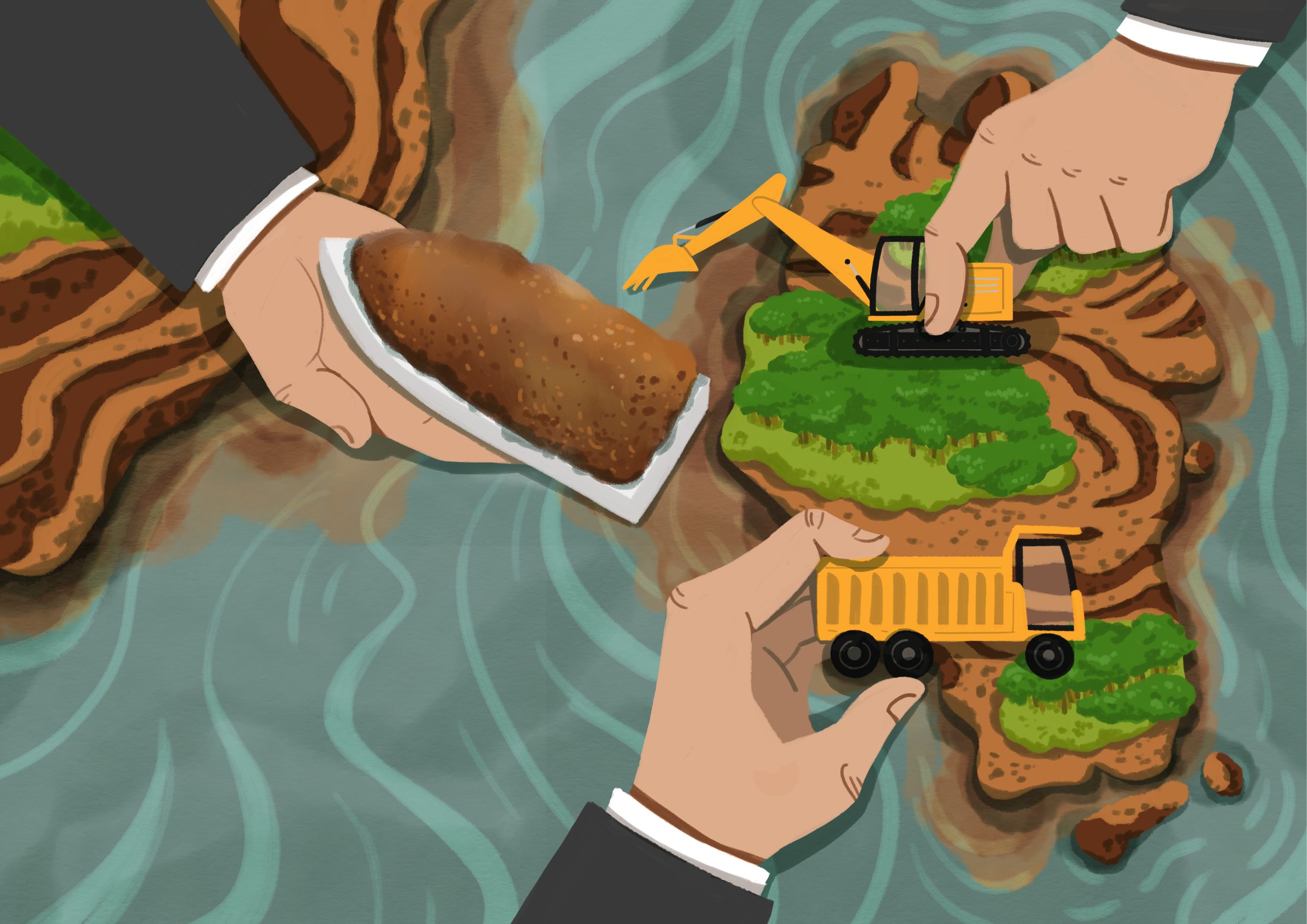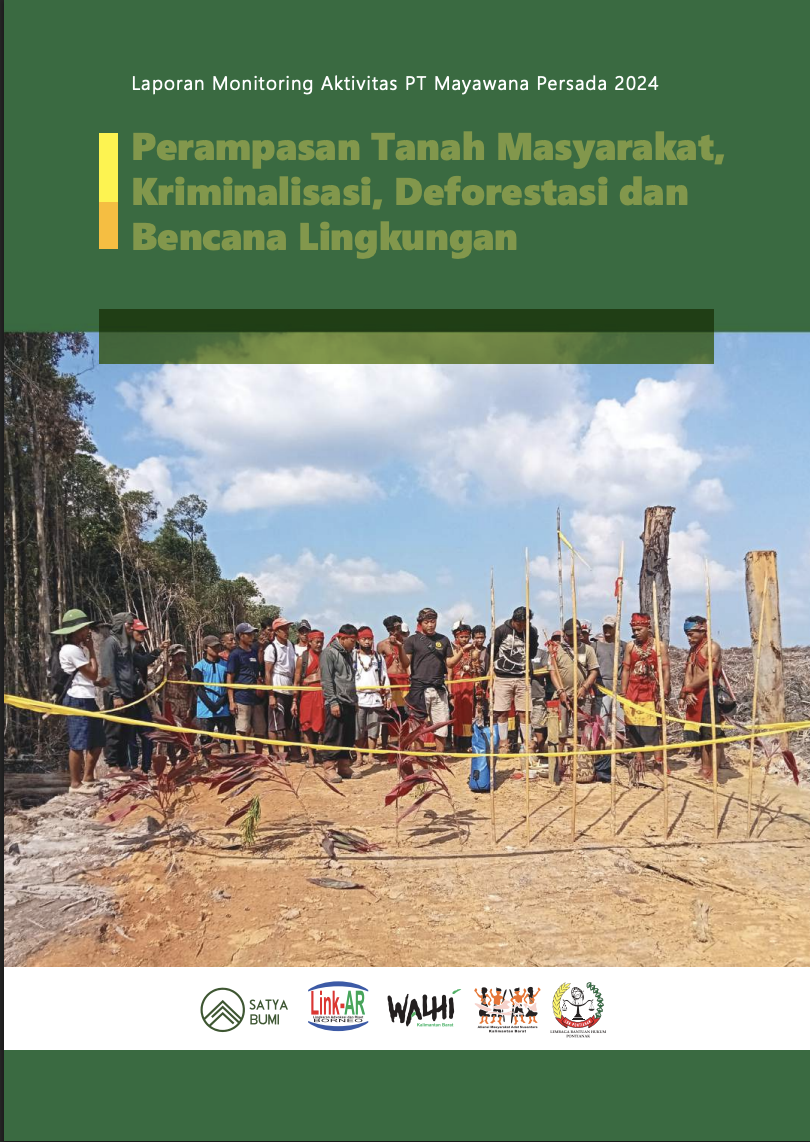As a significant rubber-producing country, Indonesia plays a substantial role in meeting the needs of this commodity in the global market. Indonesia’s natural rubber exports rank second after Thailand, with an export share of 20% (Trademap, 2023). However, in the last decade, the rubber industry in Indonesia has faced a decline in competitiveness due to declining productivity. During the period 2014-2024, there was a decline in productivity from 0.87 tons per hectare per year to 0.71 tons per hectare per year or 22.5% (Directorate General of Plantations, 2024). One of the leading causes is poor land management, exacerbated by the declining price of rubber every year.
Amid increasing demand, we are faced with significant challenges related to the sustainable management of the natural rubber industry. Indonesia is the country with the highest rate of deforestation among rubber-producing countries in the Asian region; even the conversion of forests into rubber plantations reached 1.1 million hectares which occurred in 2001-2016 (Yunxia Wang et al., 2023). Of course, this is a challenge for Indonesia, which will face the European Union Deforestation-Free Regulation (EUDR) policy – a policy initiated by the European Union, demanding traceability and responsibility in production practices to avoid deforestation and environmental damage.
The policy brief “Maintaining the Flexibility of Indonesian Rubber: National Strategy to Face the EUDR” is expected to provide comprehensive insight into the importance of governance reform to meet international sustainability standards while maintaining the competitiveness of Indonesian rubber products.









